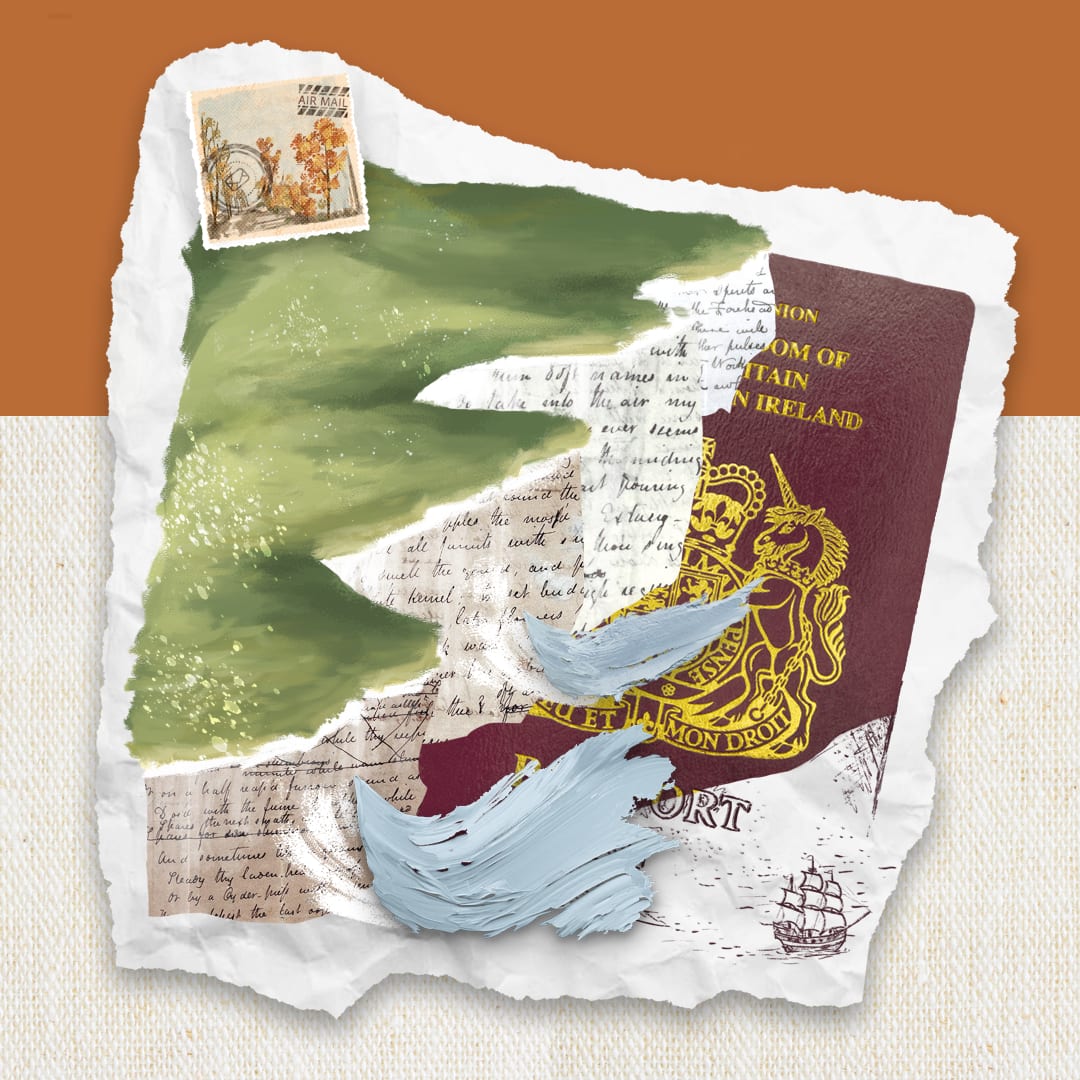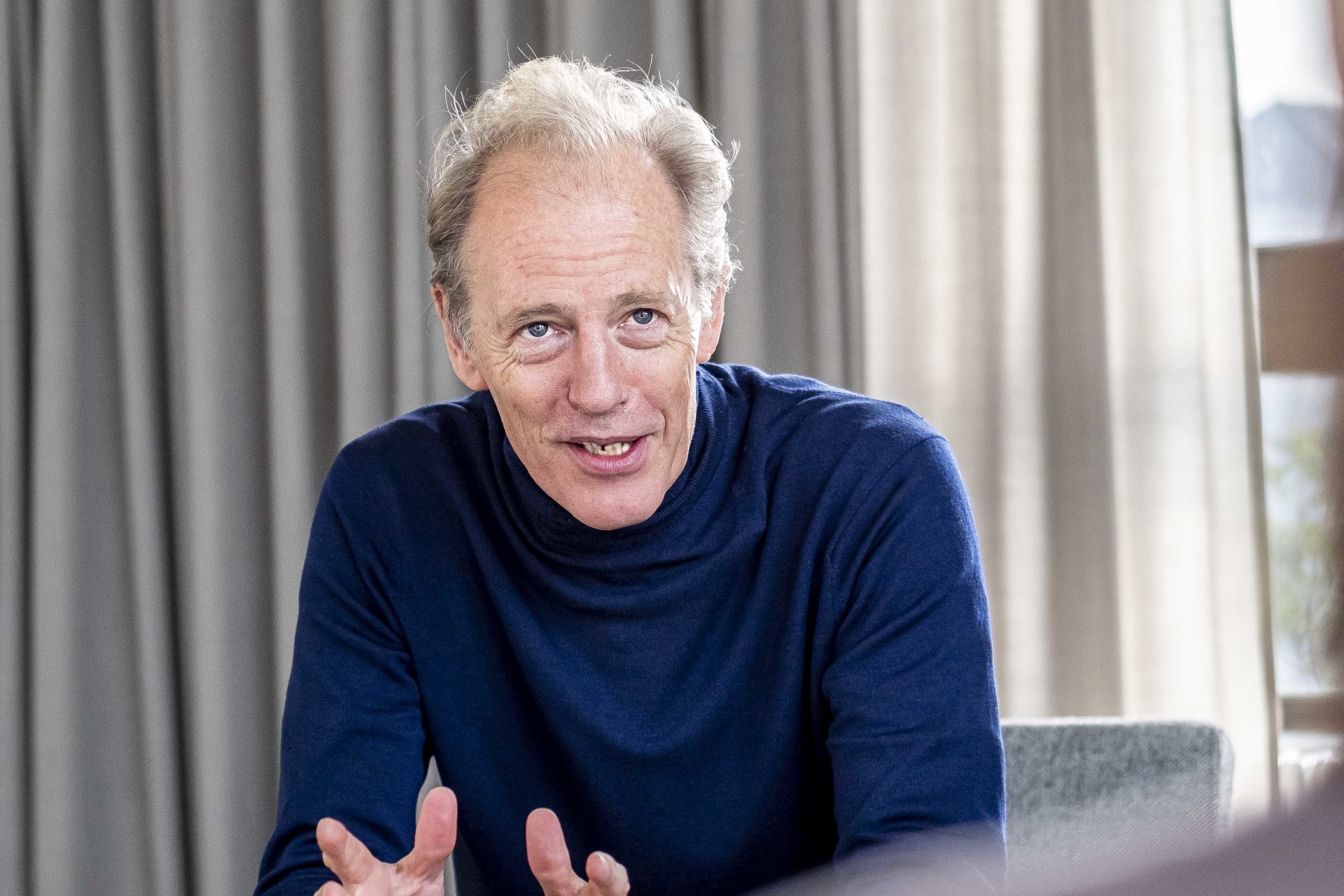This month The North Wall welcomes an ambitious staging of the first of writer Ali Smith’s critically acclaimed Seasonal Quartet, Autumn. Shortlisted for the Man Booker Prize in 2017, the novel is set in the immediate aftermath of the Brexit referendum and explores the interior worlds of 30-something Elisabeth and her cherished friend, Daniel (believe to be somewhere around 101 at last count). The narrative meanders through waking life and dreams, past, present, art, poetry, music and family. We’re excited to see how this very literary novel will transfer to the stage and were delighted to get the chance to ask Charlotte Vickers, co-founder of Seasonal Productions and the play’s director, how the production came about.
How did dramatising Ali Smith’s work come about?
In early 2019, I was looking for a new project, and at the same time loads of people were trying to figure out the contemporary political climate onstage – but couldn’t quite do it. The mega-crises of the late 2010s (and maybe the early 2020s?) have often felt, to quote Autumn, like “a flock of speeded-up sheep running off the side of a cliff”. Returning then to the novel Autumn – which Ali Smith wrote quickly, just after the EU membership referendum in Britain – felt like reaching into a time capsule. I was really interested in the ways that Smith both captured a very specific moment, and linked it outwards; to British literary, political, and art history, and in a kind of mythic, folklore-ish way.

I reached out to her agent, and then reached out to playwright Harry McDonald (who has adapted the novel). We knew each other a little, and I knew that we both had similar tastes in theatre, and that he also loved Ali Smith’s work. We decided to try to tell Autumn as a piece of history. We took inspiration from the traditions of poor theatre and by medieval mystery plays, allowing us to use the amazing work Ali Smith had done on capturing that specific political moment, but from the distance granted by time.
She’s a tough author to bring to the stage. What challenges did you find as Director, and how did you resolve them?
I’ve been working on the adaptation since 2019, which really helped…A lot of the drive of the novel comes from places we don’t often see in theatre – it moves through time and memory, and not only contains both the hyperreal and the surreal, but also places them alongside each other. Trying to establish the theatrical versions of that very literary mode has been a challenge, but also a helpful tool to hold onto. Just as Ali Smith’s Autumn is a very literary novel, I hope that Harry and my Autumn feels like a very theatrical play, and one aware of its own theatricality.
You’ve spoken about ‘exploring 2016 through the lens of 2024’. What has that revealed?
There were moments before we went into rehearsals for Autumn where looking back at the political crises of 2016 seemed like it might feel quaint: that British (and worldwide) society has been through so many crises since; that looking at the EU referendum and the fears that were prevalent then might feel dated. And indeed, Harry and I – and then the actors and I – have treated it as a history play and spent a lot of time remembering and trying to re-capture the specific mood of 2016.
A lot of what we’ve found has been surprisingly relevant. A lot of the seeds of the current culture –trust in politicians and the fear of fake news; the horror of how the British state treats refugees; a general distrust of the political class – were being planted in 2016. I think for a lot of people in the UK, the EU referendum vote marked a real break for how they understood and related to British society, political infrastructure, and progress.

A lot of the points of divide in 2016 had their roots earlier in the 2010s, at least. The then Home Secretary, Theresa May, brought in what we now call the “hostile environment” policies as part of the Lib Dem-Conservative coalition government of 2010-15, which had also brought austerity. This began the slashing of public services, leading to the landscape in Autumn of libraries closing down and the privatisation of universities. While it wasn’t necessarily a change in direction, I do think that for many people – certainly some of the characters in Autumn – it was Brexit that eroded their belief in the smooth arc of history toward progress.
Autumn is the first in Ali Smith’s Seasonal Quartet - any plans to follow her through the year?
Let’s see how Autumn goes first! On a serious note, I think that although the Seasonal Quartet are obviously a series – of five, in fact, if you include follow-up novel Companion Piece (which I do) – the process of adapting Autumn for the stage has been really particularly bound to Autumn alone.
A lot of this is structural. In each of the quartet, Ali Smith features a different female artist, whose work is built into each novel in slightly different ways. They run through the spine of the texts. For Autumn, that artist is British Pop-Artist Pauline Boty, who has really had a resurgence in popularity since Ali Smith brought her work back to the fore in 2016.
Boty was a painter and made stained glass artworks, but in particular, she made these gorgeous bright collages, which feature in Autumn in a big way. Harry held onto this idea of collage when it came to structuring his adaptation. He’s done an amazing job, but it is so specifically Autumn, I don’t think it would work directly for any other book.
Finally, can you tell us about your company, Seasonal Productions and what brings you to The North Wall in Oxford.
Seasonal Productions is a new production company that will focus on making political, exciting and radical theatre, exploring the worlds we live in and the worlds we might create. We’re really pleased to be working with the Park Theatre on our production of Autumn.

I wanted to bring the show to The North Wall because they’ve been so instrumentally supportive of me as an artist: from when I was a student at Oxford University, through training on their residency programme, to touring here as an assistant director. I was also keen to bring the show to Oxford, knowing that Ali Smith has a special relationship to the city - her book Artful came from the Weidenfeld lectures she did at Oxford University. Earlier this year, I attended the ceremony at the Sheldonian Theatre at which Ali Smith was presented with the Bodley Medal, and was so pleased to see how full the auditorium was.
Autumn will be at the Theatre, North Wall Arts Centre 12-13 November. For tickets and further information visit northwall.com #AutumnThePlay








